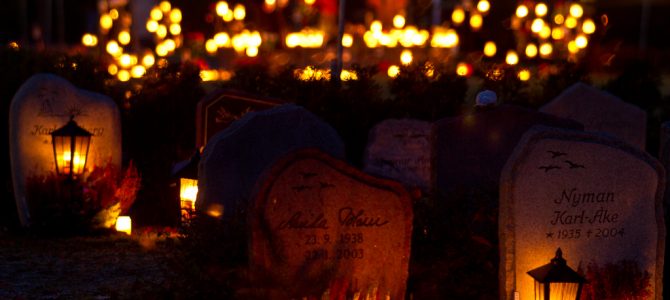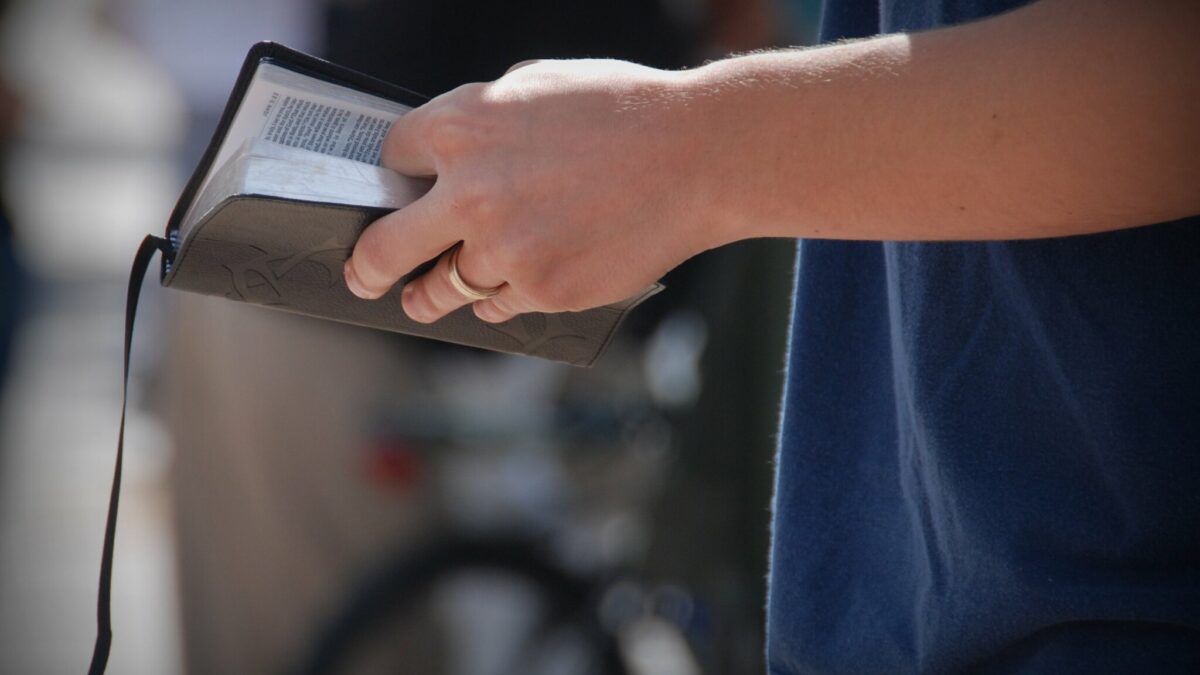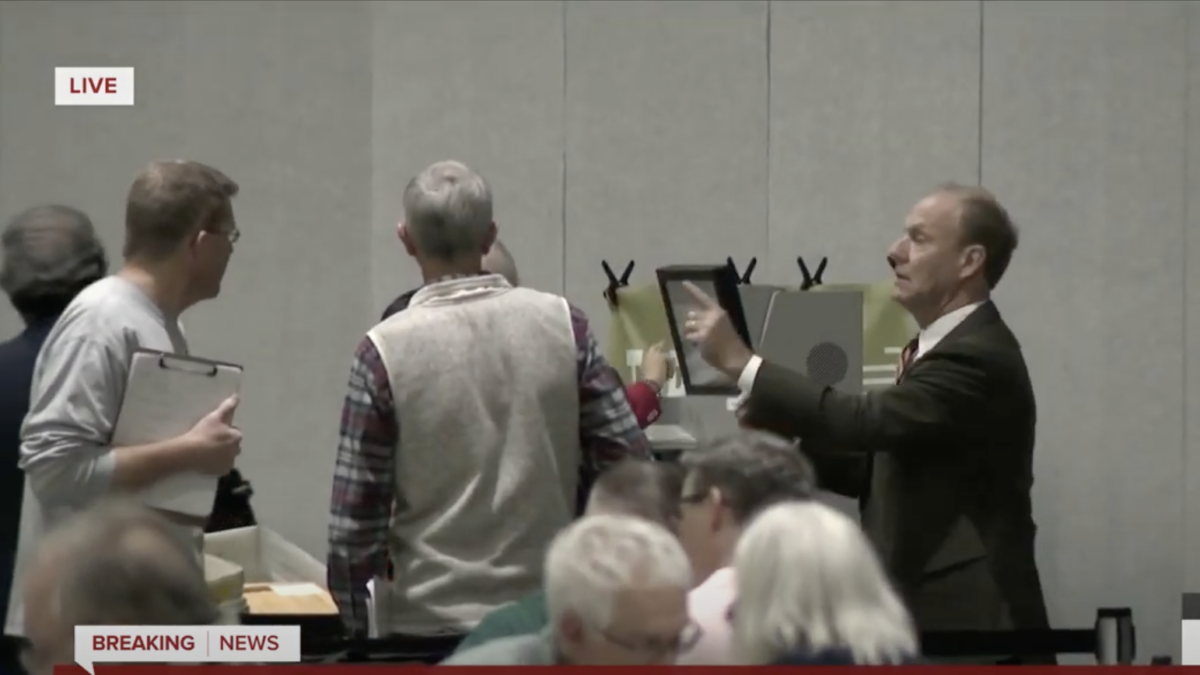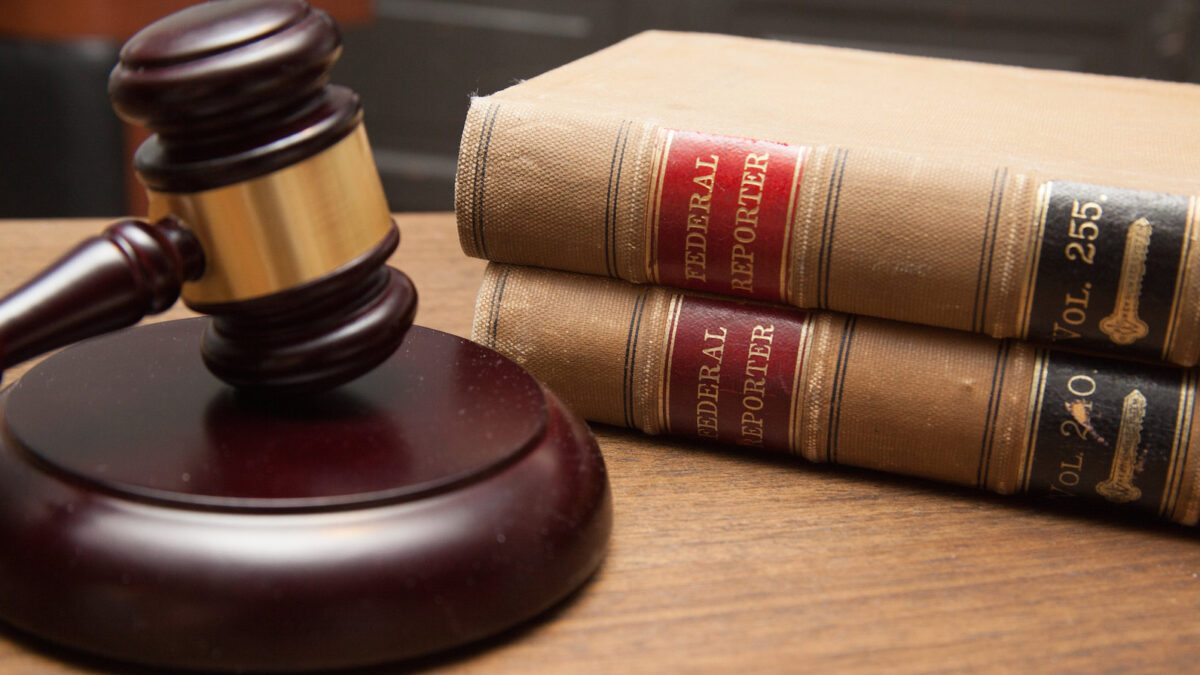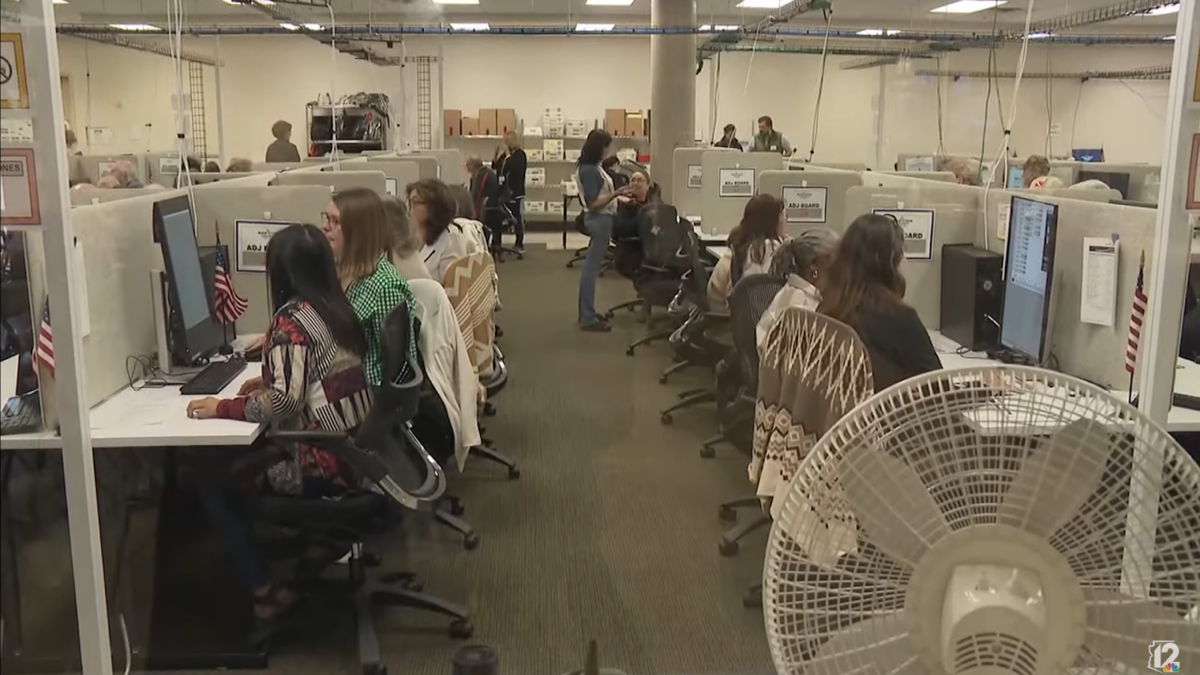As Western culture continues to distance itself from organized religion, many people believe dearly cherished holiday traditions’ “real” histories are far different than the stories our grandparents told us. Now, it’s a common contention that even Halloween is a holiday Christianity coopted from historical Western European paganism. This is patently untrue and conveniently revisionistic, because the actual roots of Halloween can be found in Judeo-Christian traditions. Far from being another supposedly stolen pagan holiday, Halloween has always been tied to Christianity.
The tradition of remembering the deaths of saints and martyrs reaches from the Old Testament of the Bible to the New. This tradition continued in the early Christian church, and churches today still regularly observe this tradition. The “Martyrdom of Polycarp,” a history of the death of a second-century church father, discusses a day to remember all those who died in and for the faith who didn’t necessarily have a church-designated day of the year set aside for their memory.
Additional mentions of a similar “All Saint’s Day” can be found in the mid-fourth century, the late fourth century, and in 407 AD by John Chrysostom. Between 609 and 610 AD, Pope Boniface IV established May 13 as All Saint’s Day, and around 700 AD Pope Gregory III moved the commemoration to November 1. A detailed discussion of these developments in church history can be found here, and it’s worth reading. Halloween is also called All Hallow’s Eve, or All Hallow’s Day in old-timey lingo, since “hallow” means holy, so “all hallows” means holy ones.
Samhain Is Relatively Young, But Halloween Is Not
Now, discussing the history of All Saint’s Day in an article about Halloween might not make sense to some readers, but there’s a good reason for it. Biblical days, and days in general in Judaism, begin at sundown, not sunrise or in the middle of the night, as our 24-hour system has it. Halloween is the evening before All Saint’s Day itself: October 31.
Worldwide, the traditions and celebrations around this and similar days to remember the beloved dead, like Día de los Muertos, are varied and culturally dependent. But they’re not stolen ancient pagan traditions, and it’s certainly not an example of Christianity subverting ancient European paganism.
Proponents of the pagan origins of Halloween will tell you that originally the holiday was Samhain, an “ancient” Celtic holiday linked to the harvest. Samhain is also a lunar holiday, meaning the timing of the celebration inevitably shifts with the stage and phase of the moon in either direction of October 31. Additionally, there are no historically verifiable references to Halloween before the tenth century. The supposedly archaic pagan calendar placing Samhain on October 31 was created in those long-ago days of yore between the 1950s and 1970s. Far from being an ancient regular observance, it’s at most 60 years old.
There is an enormous difference between the verifiable history of these two holidays, yet people continue to claim that Samhain is the original celebration, despite the complete lack of evidence to support this claim. The reasons why and how these claims have come to be are varied. But repeating something doesn’t make it true, no matter how often and how widely it’s reported.
Don’t Be a Pagan. Celebrate Halloween!
Debating those convinced of Halloween’s pagan origin is probably considerably less fruitful than raiding your kids’ Halloween candy hauls, but centuries upon centuries of historical records are on the side of it actually having Christian, even Jewish, beginnings. The most complete and verifiable pagan records are those of cultures with no ties to Halloween or similar holidays. True, though: bastardizing other cultures’ practices for fun and profit has never stopped anyone from trying to justify it with convenient pseudo-history.
The claims of pagan roots have led many Christians to completely reject any celebration of Halloween and its traditions the night before All Saint’s Day, but it doesn’t need to be this way. Halloween is a Judeo-Christian holiday with celebrations that mock the devil and his forces of evil in the world.
So go check out that “haunted” house, if spooky frights are your thing, and carve that pumpkin. Let your kids dress up in something adorable (or freaky, whatever) and have fun. Happy Halloween!
